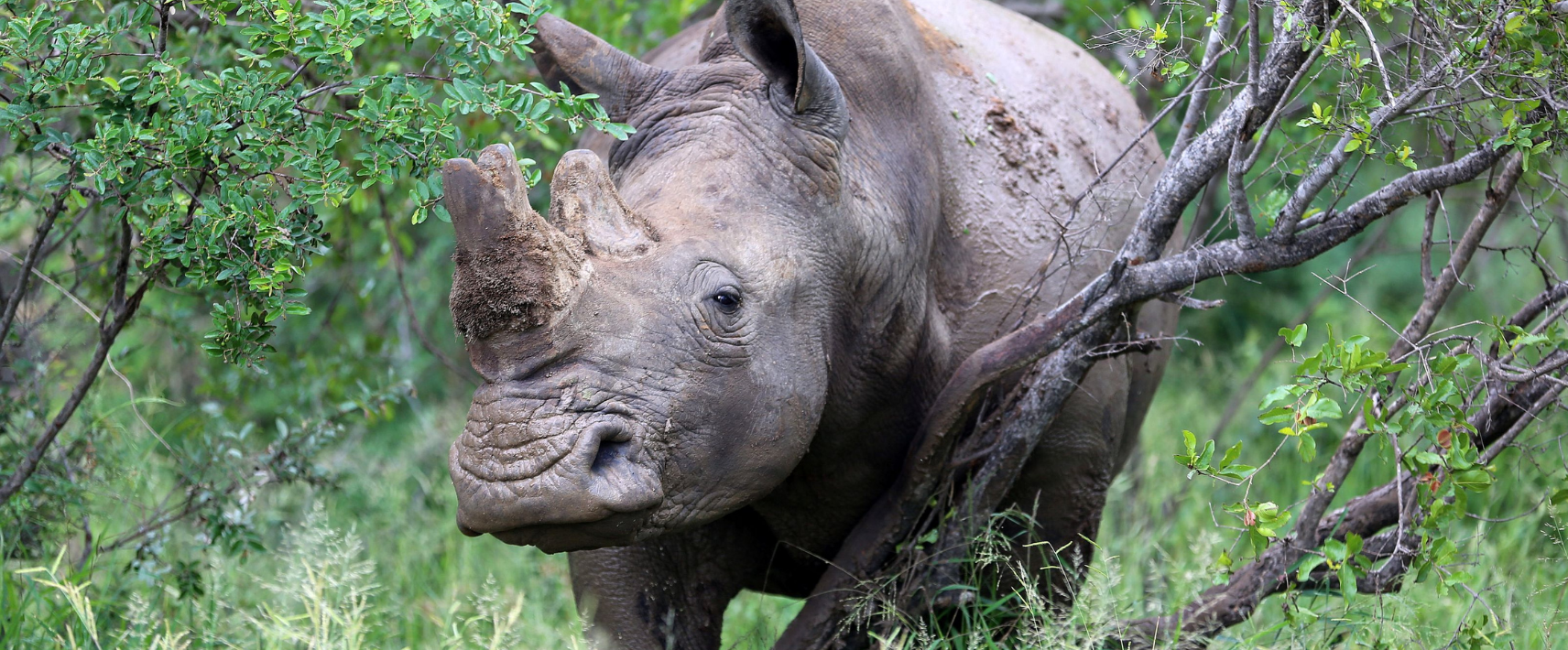One of the most important global meetings on wildlife trade has just wrapped up in Uzbekistan. It’s capital city Samarkand was where governments convened for the 20th Conference of the Parties (CoP20) to the Convention on International Trade in Endangered Species of Wild Fauna and Flora (CITES) to decide how international trade should be managed for some of the world’s most threatened...
The review of the Environment Protection and Biodiversity Conservation Act 1999 (EPBC Act) should be a turning point away from the business as usual approach which is driving ecosystems to collapse and species to extinction. However, Humane Society International (HSI) is concerned that the Government’s initial response to the interim report released today risks heading in the wrong direction.
“The review comes at a time when our natural world is facing unprecedented threats. Reform is needed to turn around our current trajectory of ecosystem collapse and species sliding to extinction,” said Alexia Wellbelove, HSI’s Senior Campaign Manager.
“HSI welcomes the notion that robust national environment standards should be the bedrock on which decision-making is based, but we have deep concerns that the prototype standards for threatened species are simply not strong enough,” Ms Wellbelove continued.
“We do not want to see standards that enshrine the status quo for threatened species. This is the moment that the government needs to step up protection for nature with stronger standards,” said Nicola Beynon, HSI Head of Campaigns.
“Even with the highest national standards a “strong, independent cop on the beat is required” according to Graeme Samuel and yet the Government has ruled out the formation of any independent regulator. This undermines the promise of legally enforceable standards.”
HSI is concerned that the Government is racing ahead to accredit State and Territory Governments before Professor Samuel submits his final report at the end of October.
“A fast decision is a false economy. It risks a legacy of environmental degradation and greater financial cost in the long-term. Short-term thinking has led us into an extinction crisis, it is time to shift this frame,” said Ms Wellbelove.
HSI has previously exposed the serious implications for handing over environmental decision making to the States and Territories with the Commonwealth bowing to lower state standards.
“Evidence to date shows that accrediting states to do the job of the Commonwealth leads to a lowering of environmental standards. We remain deeply skeptical of the ability for accredited processes to lead to positive environmental outcomes,” said Ms Wellbelove.
In 2018 HSI won a three-year Freedom of Information battle, which revealed the Federal Government secretly advised the Government of NSW that its Biodiversity Offsets Policy did not meet national environmental standards. Despite this, the Federal Government went on to accredit the NSW policy allowing it to be used when approving developments impacting nationally threatened species found in NSW.
“Strong new environment laws are needed to tackle the increasing extinction crisis facing Australian wildlife. The independent review is an unmissable opportunity to deliver the transformational change so desperately needed. HSI urges the Government to wait for the full final report due in October before taking any action that will have significant long-term impacts on Australia’s environment,” concluded Ms Beynon.
Photography Doug Gimsey


